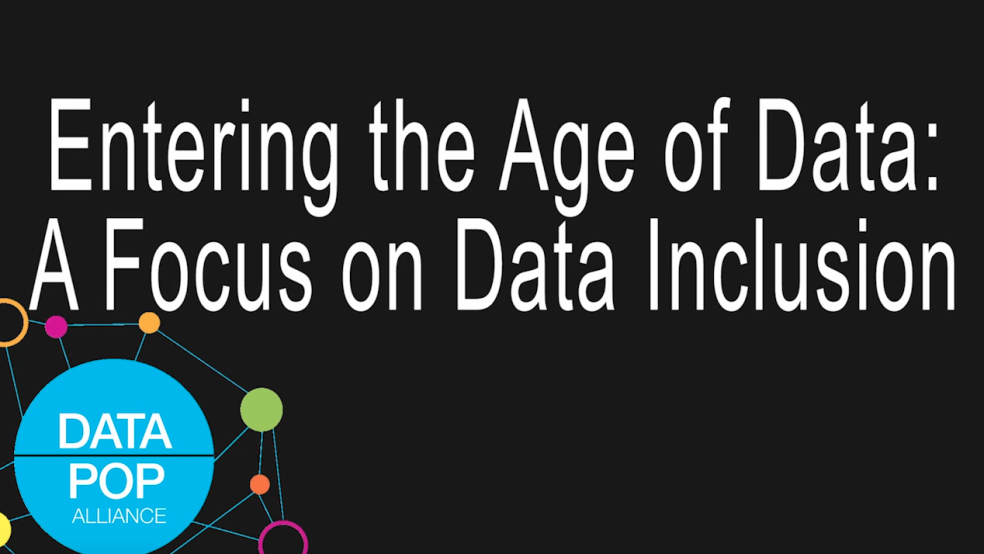“Entering the Age of Data: A Focus on Data Inclusion” is the second video in our new series on Big Data and development.
Literacy is a deeply political question. As explored by our experts, becoming literate means being able to question the power structures and dynamics of the context in which you are literate – “Being able to relate to data is being able to relate to power and ask the important questions.” Who owns the data? Who is impacted by the data? What does data inclusion mean?
Filmed by Marina Katz.
A series of experts come together to discuss what data literacy is, what inclusion means in the age of data, and how this impacts the data revolution.
This short film features interviews with:
Amanda Noonan, Director of Internews Center for Innovation and Learning
Johannes Jütting, General Manager of PARIS21
William Hoffman, Head of Data-Driven Development at World Economic Forum
Jeanne Bourgault, President and CEO of Internews
Emmanuel Letouzé, Co-Founder and Director of Data-Pop Alliance
This video coincides with our newly published paper entitled “Beyond Data Literacy: Reinventing Community Engagement and Empowerment in the Age of Data,” written in collaboration with Internews Center for Innovation and MIT Media Lab Center for for Civic Media. It also coincides with our Beyond Data Literacy Workshop, cohosted by Internews Center for Innovation. Here is a blog on the Workshop.
Watch the first video in the series on Big Data and development, “What is Data Literacy?”

